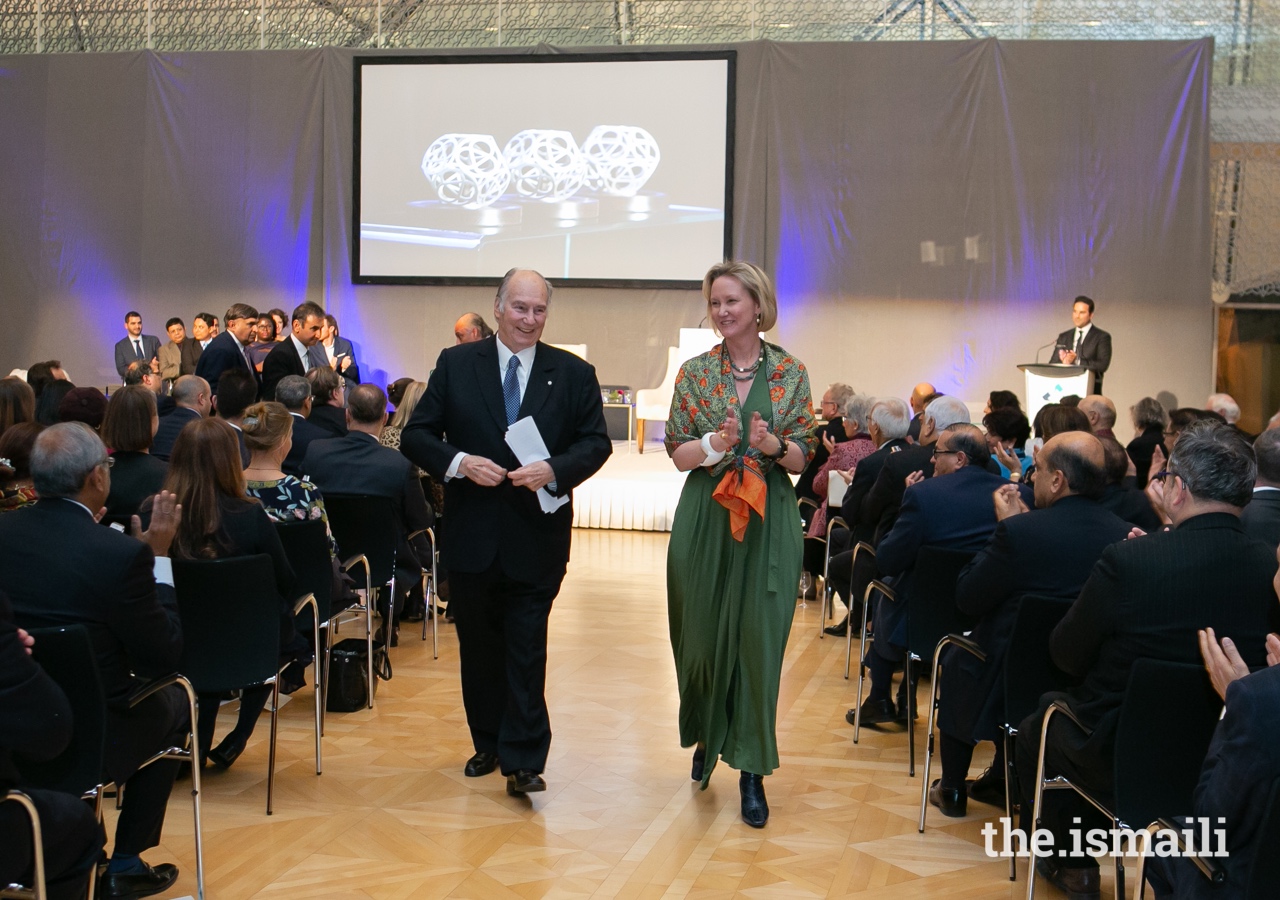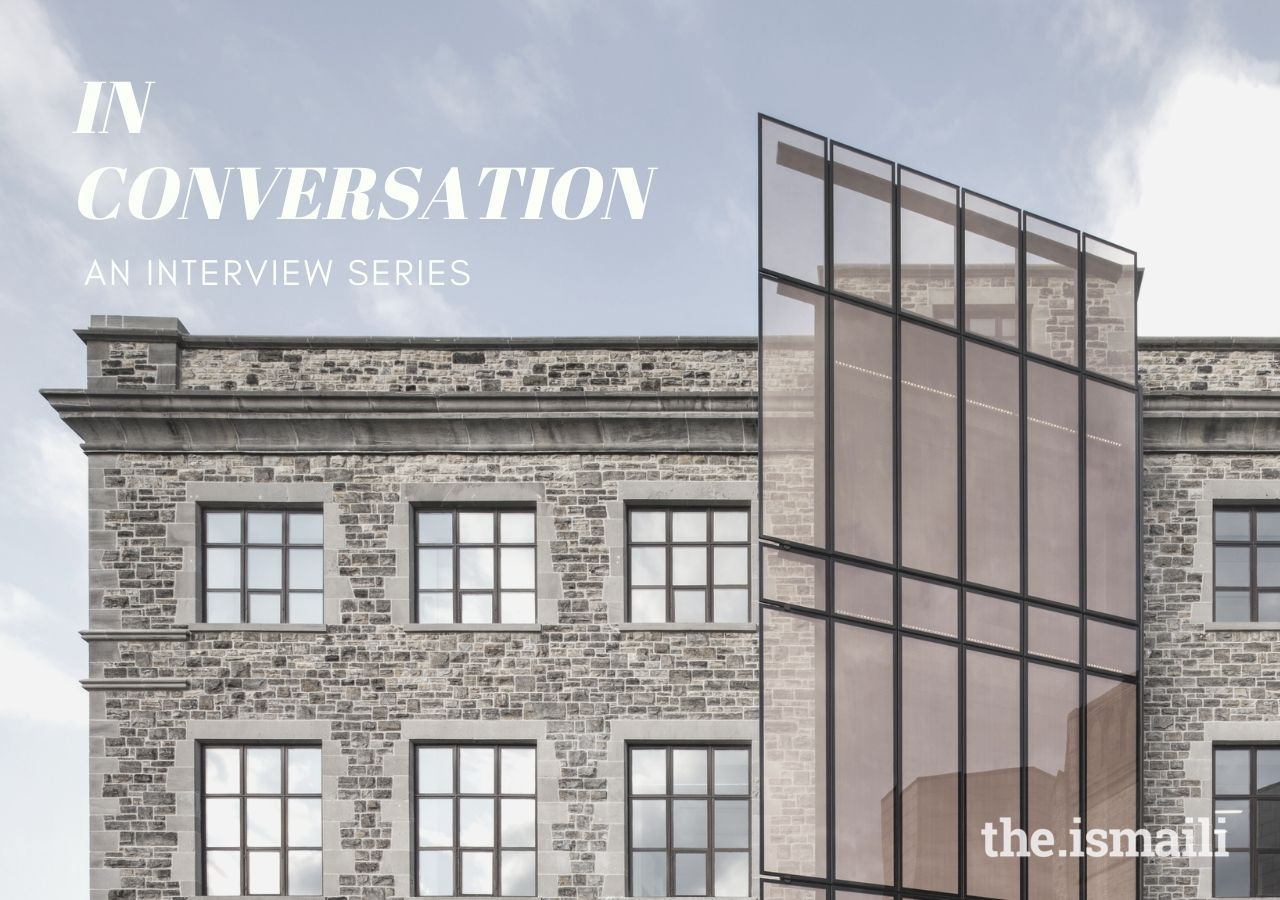What exactly is pluralism?
Defined simply, pluralism is an ethic of respect for diversity. Whereas diversity in society is a fact, how societies respond to diversity is a choice. Pluralism results from the daily decisions taken by state institutions, civil society associations and individuals to recognise and value human differences.
Pluralist societies are not accidents of history. They require continuous investment across many different sectors — economic, political and social. Although every society must define its own path, comparative experiences can be studied to better understand different possible outcomes.
meredith_mhi.jpg

Can you tell us a bit about the Global Centre for Pluralism?
The Centre’s vision is a world where human differences are valued and diverse societies thrive. Founded in Ottawa by His Highness the Aga Khan in partnership with the Government of Canada, the Global Centre for Pluralism is an independent, charitable organisation. Inspired by Canada’s experience as a diverse and inclusive country, the Centre was created to advance positive responses to the challenge of living peacefully and productively together in diverse societies.
Although still a work in progress, respect for diversity is a defining characteristic of Canada and a core element of the country’s identity. In his 2010 LaFontaine-Baldwin Lecture, His Highness said, “My interest in launching the Global Centre for Pluralism reflected my sense that there was yet no institution dedicated to the question of diversity in our world, and that Canada’s national experience made it a natural home for this venture.”
How is the Global Centre for Pluralism responding to some of the pressing challenges that the world faces today?
There are some big issues that I feel are important for us to keep in view and that define the space which the Centre can, and must, occupy.
The notion of pluralism is under greater threat than it has been in recent history. As such, a more proactive approach to our communications and engagement in the public sphere, in Canada and abroad, is planned for 2020. We must increase our visibility in the public space, making the case for pluralism and demonstrating its practical benefit for all citizens.
Countries recovering from conflict face some of the hardest roads in managing diversity and reconciling their painful histories. With the Centre’s Global Pluralism Index and Education programs in 2020, we are developing unique tools that can help with prevention and recovery from conflict at a more profound social level.
How can we encourage each other to embrace difference and be more empathetic to others in our daily lives?
Pluralism is most keenly felt in the various spaces where people connect – and come into conflict – on a daily basis. We must support those who are advancing pluralism ‘on the ground.’ Targeted engagement with the recipients of the Global Pluralism Award is pivotal in this regard. This engagement may be in physical spaces – cities, schools and universities, in refugee camps, or through peace processes – but also in the virtual, online world we all increasingly inhabit.
When we speak of pluralism being under attack, I would argue that the basic tenets of dialogue and discourse are equally threatened. As an organisation that convenes dialogue, we must consciously offer space for differing views to be respectfully heard.
What are your aspirations for the Global Centre for Pluralism in the coming months?
The opportunity to lead an organisation whose raison d’être is the most fundamental social issue of our time is very exciting. It is also an enormous responsibility.
I join the Global Centre for Pluralism inheriting an organisation with a very strong foundation laid by my predecessor, John McNee, and his team. With high quality, rigorous analysis, and a deep understanding of pluralism, the Centre is well-placed to move ahead with its mandate.
The Centre has a great deal to do and room to grow. In 2020, securing funding and partners to support the growth and impact of core programs will be vital.
His Highness the Aga Khan said at the Annual Pluralism Lecture in Lisbon this year that, “As a beacon of research, education and dialogue, the Centre is drawing lessons from the political, social and cultural dynamics in diverse and divided societies around the world…By learning from others’ successes, we may help our own societies to ‘inoculate’ themselves against the temptation to set various people against one another – including the temptation to exclude marginalised populations.”
The Centre heads into 2020 with this critical mandate in mind.
---
Meredith Preston McGhie has devoted more than 20 years to addressing conflict and instability in Africa and Asia in some of the most troubled situations. From working with the Naga in Northeast India and indigenous communities on the Thai-Myanmar border, to supporting UN efforts in Kosovo, Northern Iraq, Sudan, South Sudan and several other African countries, her work has straddled frontline negotiation, policy and diplomacy, most recently with the Centre for Humanitarian Dialogue.
Ms McGhie studied military and international history at the University of British Columbia before pursuing graduate studies in global security at Keele University in the United Kingdom.








